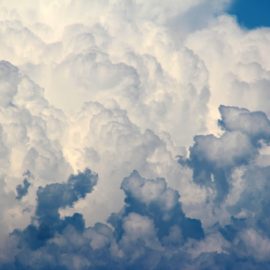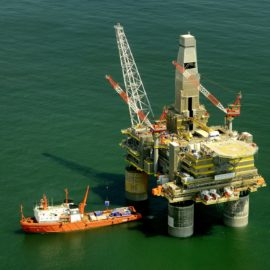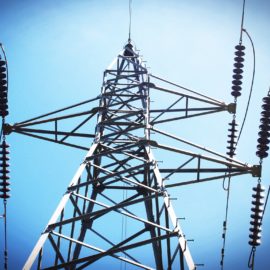I’ve heard of “disaster capitalism,” but I have to confess I never heard of “climate gentrification” until I looked at the front page of today’s paper. There it is, a big bold headline, the top story of the day, in fact. It’s a syndicated article from the Associated Press, about Hawai’i but with strong New Orleans connections. I was particularly fascinated to learn of the origin of the phrase, “climate gentrification.”
It’s a term Jesse Keenan, an associate professor of sustainable real estate and urban planning at Tulane University School of Architecture, first started lecturing about in 2013 after he noticed changes in housing markets following extreme weather events.
It seems New Orleans and Maui have something in common.
Here’s a link to the whole story:
In Hawaii, concerns over ‘climate gentrification’ rise after devastating Maui fires
Other examples are New Orleans after Hurricane Katrina and various cities in Puerto Rico after Hurricane Maria, where many people could not afford to come back.
Props to Isabella O’Malley and Jennifer McDermott for their writing.
I may not have heard the phrase “climate gentrification” before, but I’m certainly familiar with it, as is anyone who’s lived in New Orleans over the last couple decades. I wrote about it myself on the tenth anniversary of Katrina, when I noted that “the recovery discriminated,” contrary to a President’s promise. “Our society is riven by deep divisions. Of course the recovery process reflected those divisions, reproduced those divisions, deepened them.” If I’d known the phrase “climate gentrification” way back then, perhaps I would have thrown that into the mix. There are a lot of complex factors at work in a post-disaster scenario.
It’s worth remembering that we don’t have to accept “climate gentrification” as a given. We can offset this dynamic with bold action and a commitment to listening to the people who are most at risk of being displaced. We didn’t do this (enough) in New Orleans. I hope we will listen to the people in Maui.
On Wednesday, the Indigenous-led NDN Collective issued a statement supporting community-led rebuilding for Lahaina, “in ways that center the values, ancestral connections to land and water, and Indigenous knowledge systems of the kānaka ʻōiwi, Native Hawaiian people.”



